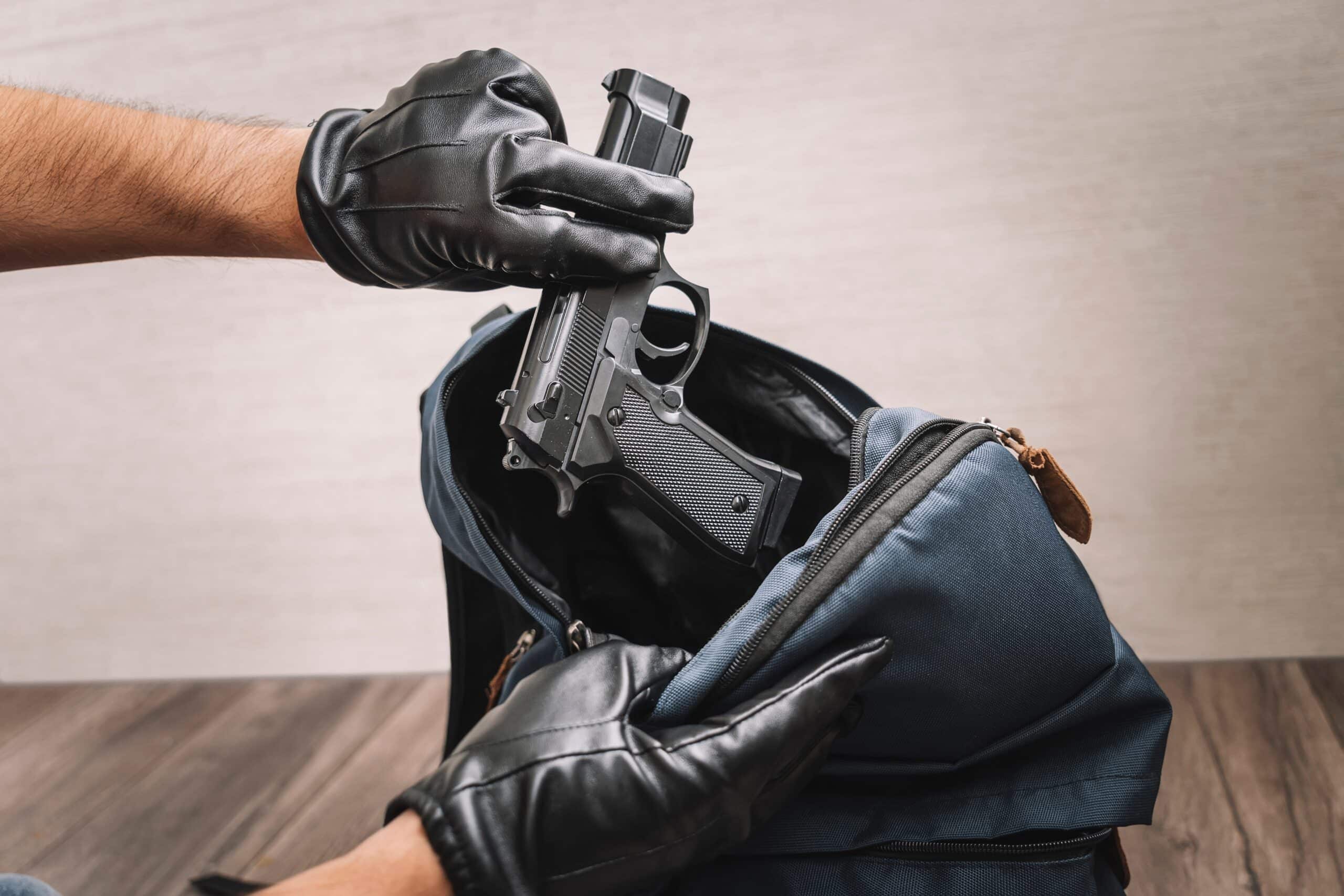Facing accusations of gun crime in North Carolina can be a daunting and overwhelming experience. Understanding your rights and legal protections is crucial to ensuring a fair and just process. Whether you’re facing charges related to illegal possession, firearm trafficking, or other gun-related offenses, knowing your rights can make a significant difference in the outcome of your case.
The Right to Remain Silent
When facing accusations of a gun crime, one of the most fundamental rights is the right to remain silent. The Fifth Amendment of the United States Constitution protects you from self-incrimination. This means you cannot be compelled to answer questions that may incriminate you. It’s essential to exercise this right and only make statements to law enforcement in the presence of your attorney.
The Right to Legal Representation
Another critical right is the right to legal representation. You have the right to an attorney if you are accused of a gun crime. Whether you hire a private attorney or have one appointed for you, having legal counsel is essential to ensuring that your rights are protected and your case is properly defended. Your attorney can advise you on the best course of action, represent your interests, and navigate the complexities of the legal system.
Presumption of Innocence
In North Carolina, as in the rest of the United States, you are presumed innocent until proven guilty beyond a reasonable doubt in a court of law. This presumption places the burden of proof on the prosecution to demonstrate your guilt. It’s crucial to remember that the state is responsible for presenting evidence that proves your involvement in the alleged gun crime. Your role is to defend yourself against these allegations, and you should not be treated as guilty before your case is thoroughly examined in court.
Search and Seizure Protections
The Fourth Amendment protects individuals from unreasonable searches and seizures. This means law enforcement cannot search your person, property, or vehicle without a valid warrant or probable cause. If evidence is obtained through an illegal search, it may be deemed inadmissible in court.
Miranda Rights
If you are placed under arrest, law enforcement is required to read you your Miranda rights. These rights inform you of your right to remain silent and your right to an attorney. If you choose to speak with law enforcement, anything you say can be used against you in court. It’s generally advisable to exercise your right to remain silent and request an attorney before answering any questions.
Potential Consequences and Defense Strategies
Understanding the potential consequences of a gun crime conviction is crucial. Gun crimes can lead to severe penalties, including fines, probation, loss of gun rights, and imprisonment. The specific penalties depend on the nature of the offense, your criminal history, and other factors. Working closely with an experienced attorney can help you develop a strong defense strategy tailored to your case. An attorney may challenge evidence, question the legality of searches, explore possible violations of your rights, and negotiate with the prosecution to achieve the best possible outcome.
You have the right to remain silent, the right to legal representation, and the presumption of innocence until proven guilty. Don’t hesitate to seek guidance from a qualified attorney specializing in gun crime defense. Your rights, your future, and your freedom are worth defending.









